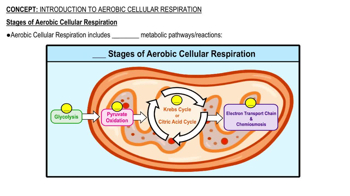Which of the following antibodies does a person with type O+ blood have in his or her plasma?
a. Anti-A antibodies
b. Anti-B antibodies
c. Anti-Rh antibodies
d. Both a and b are correct.
e. All of the above
 Verified step by step guidance
Verified step by step guidance Verified video answer for a similar problem:
Verified video answer for a similar problem:



 6:11m
6:11mMaster Functions of Blood with a bite sized video explanation from Bruce Bryan
Start learning